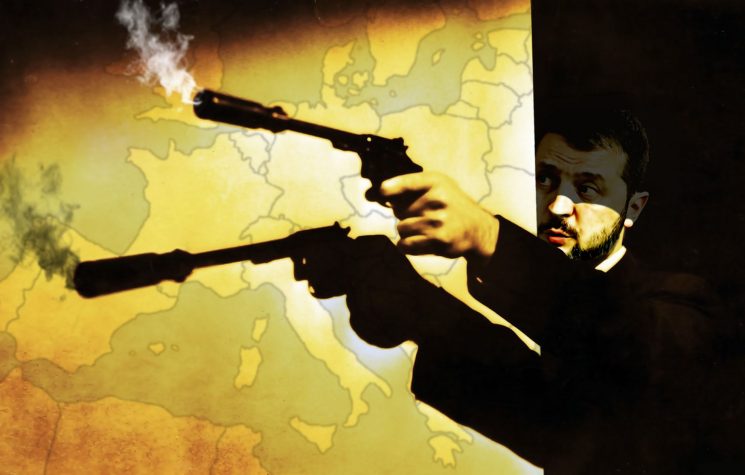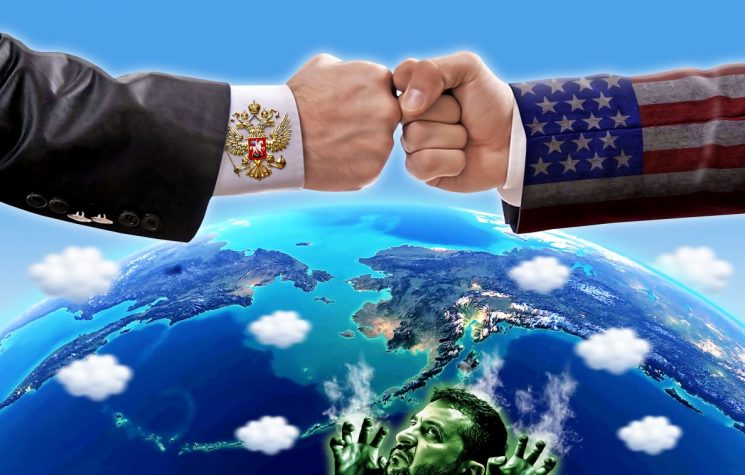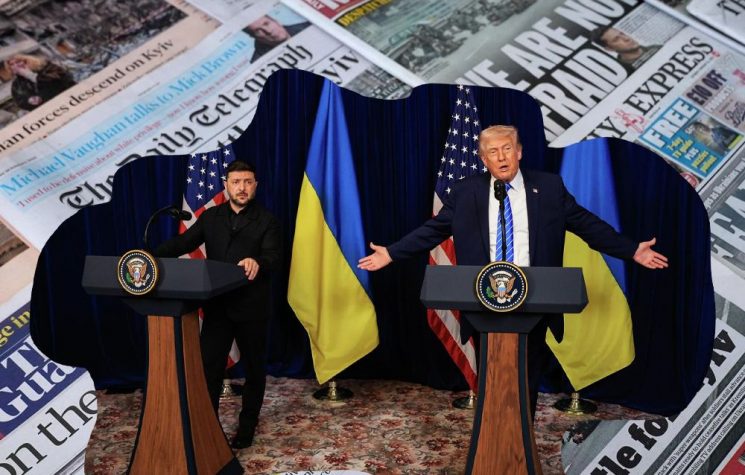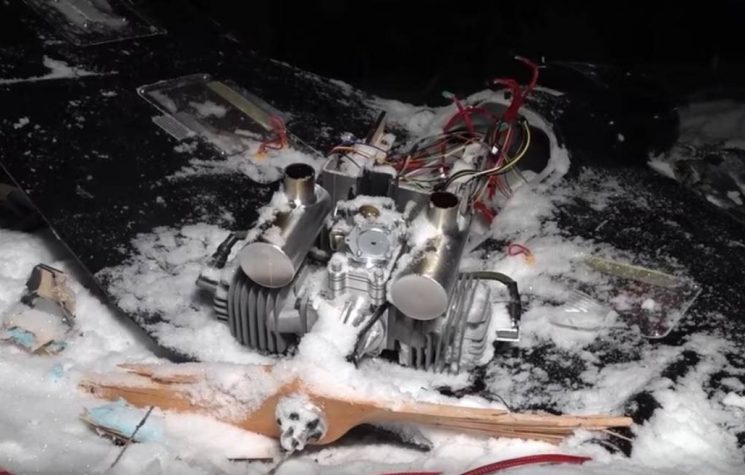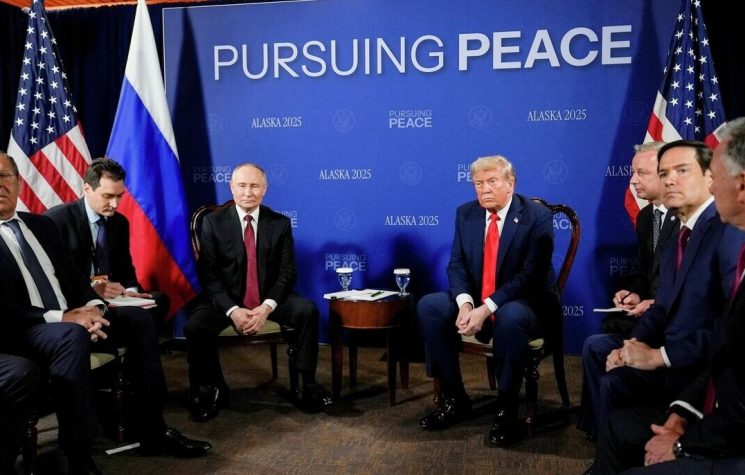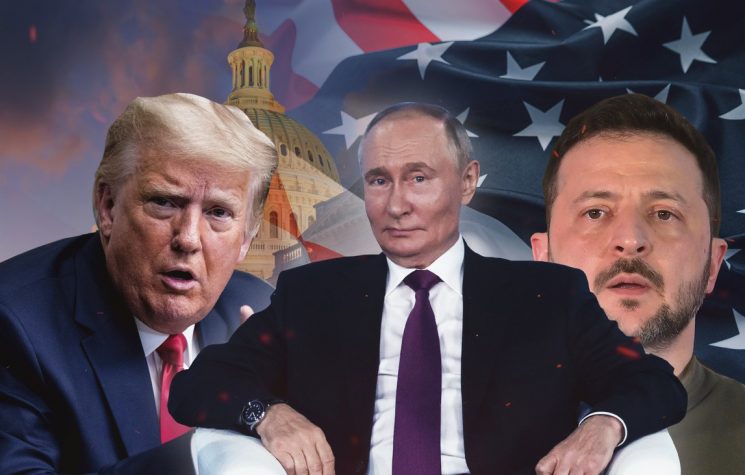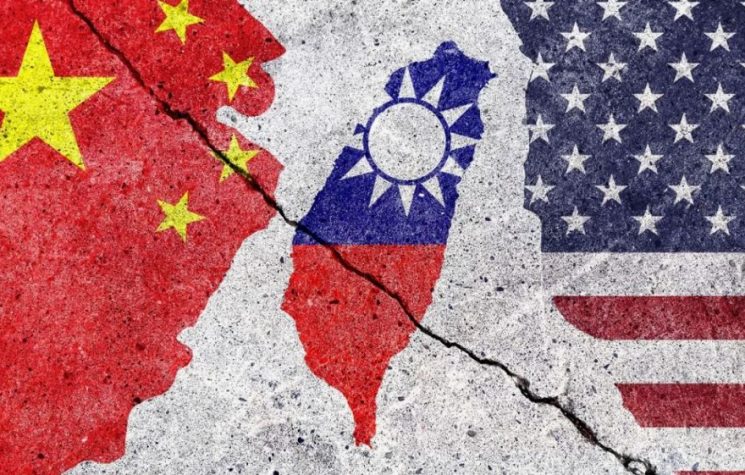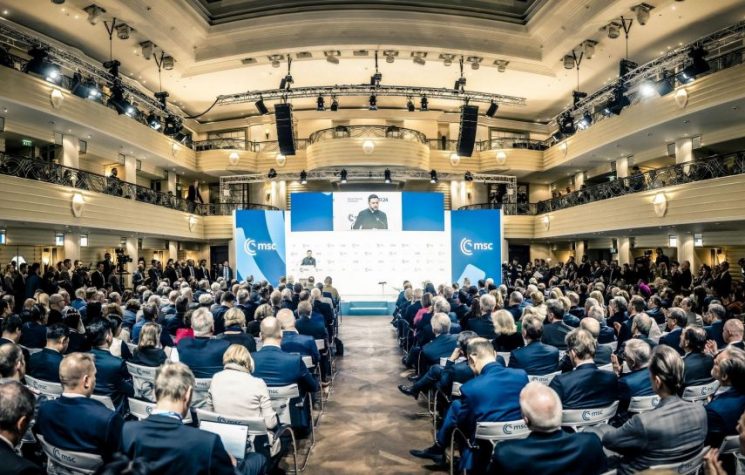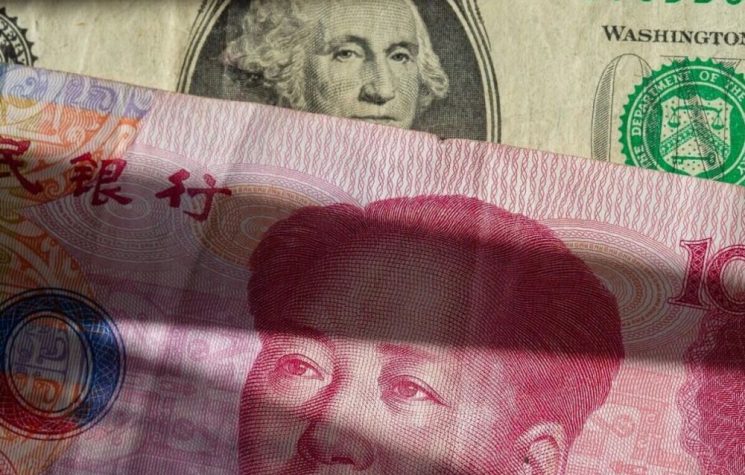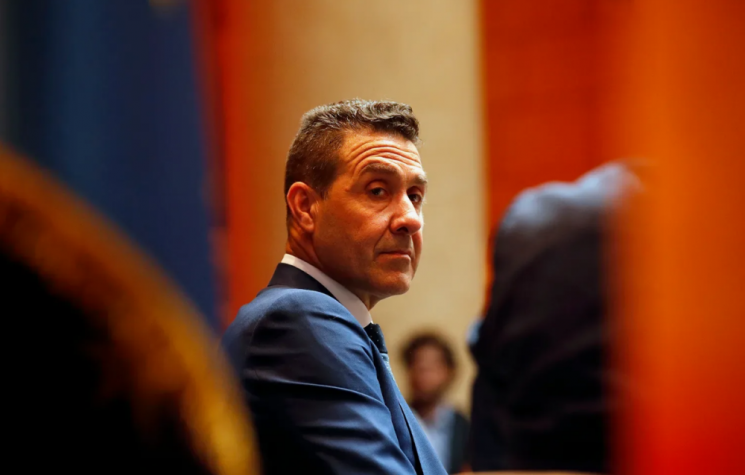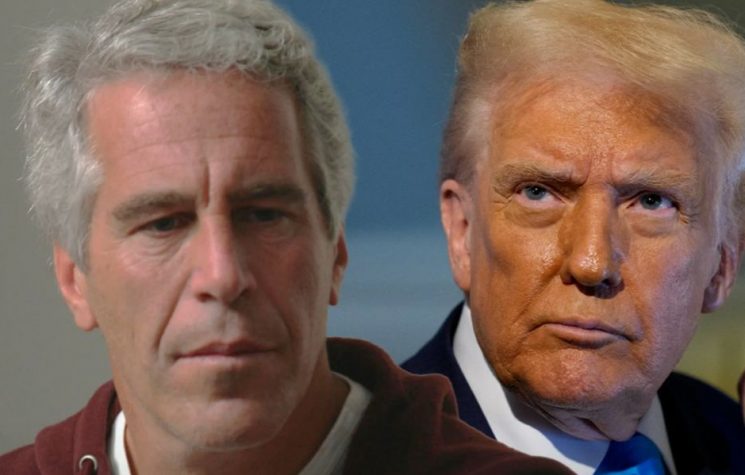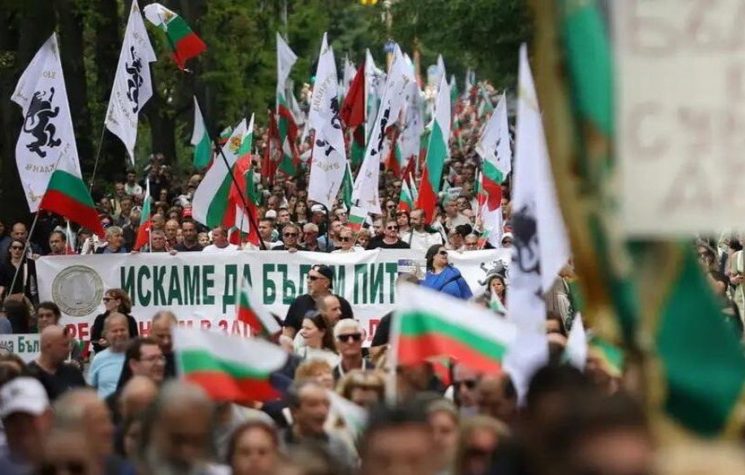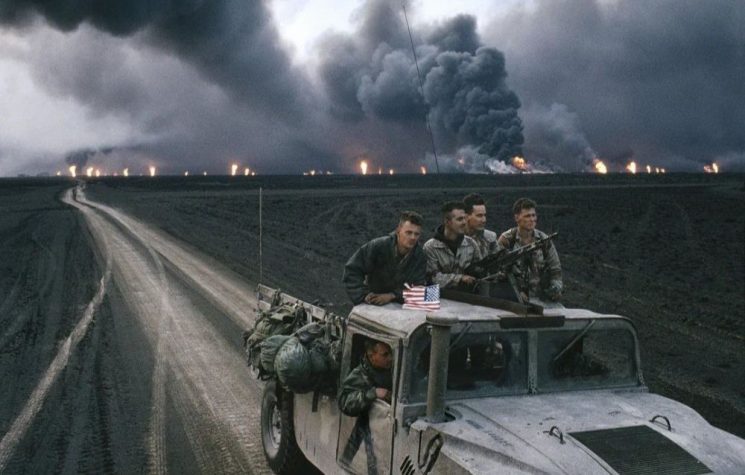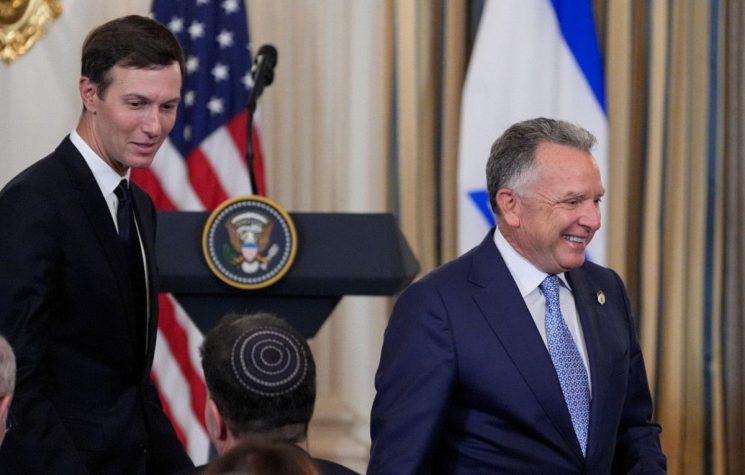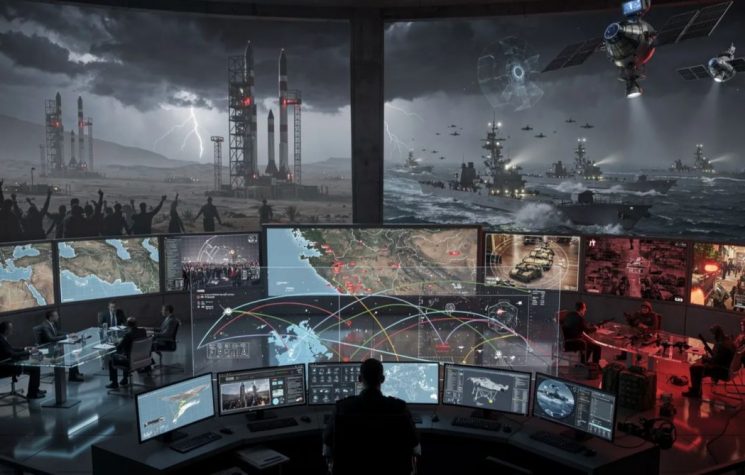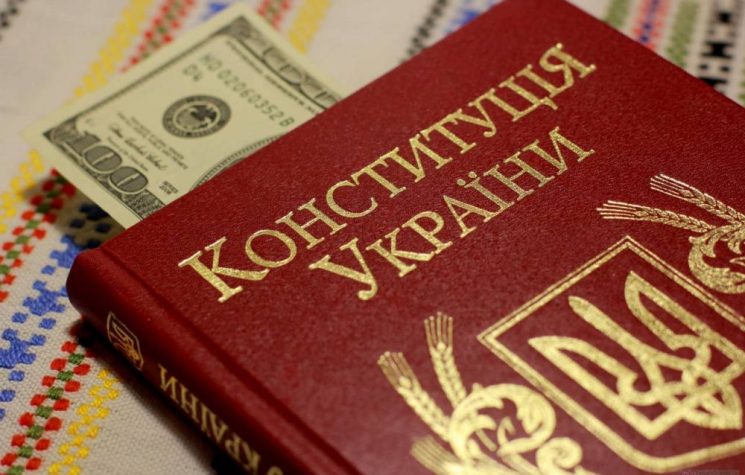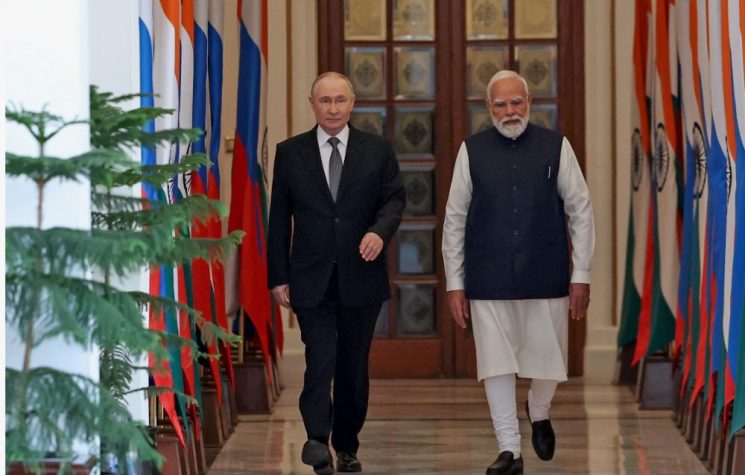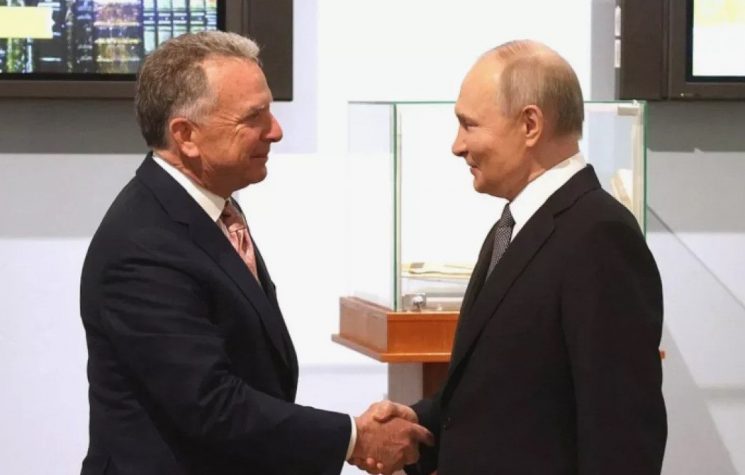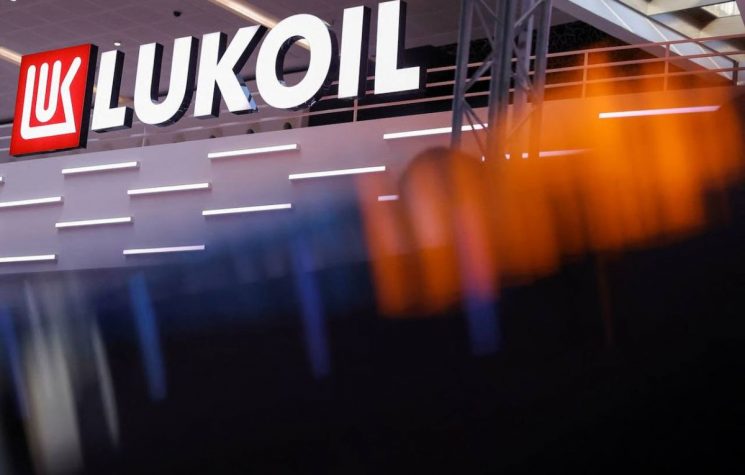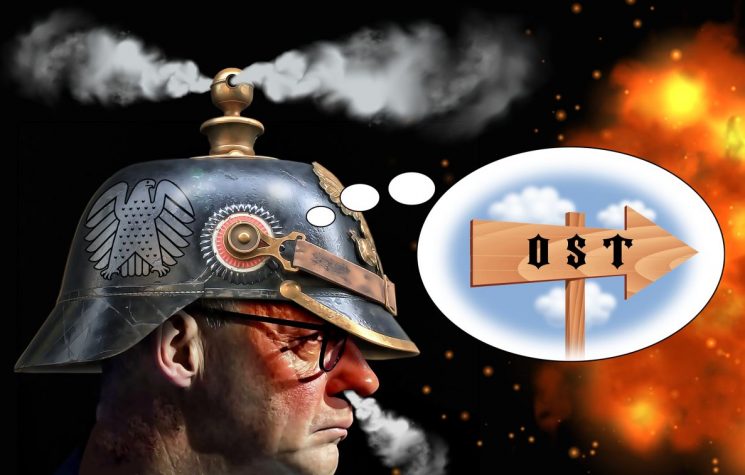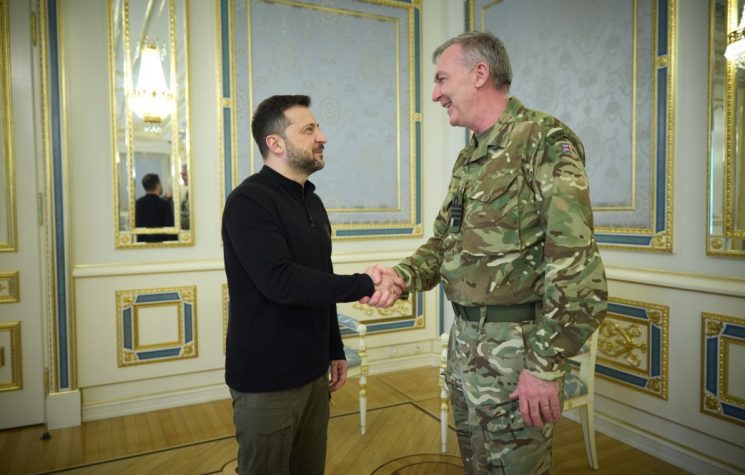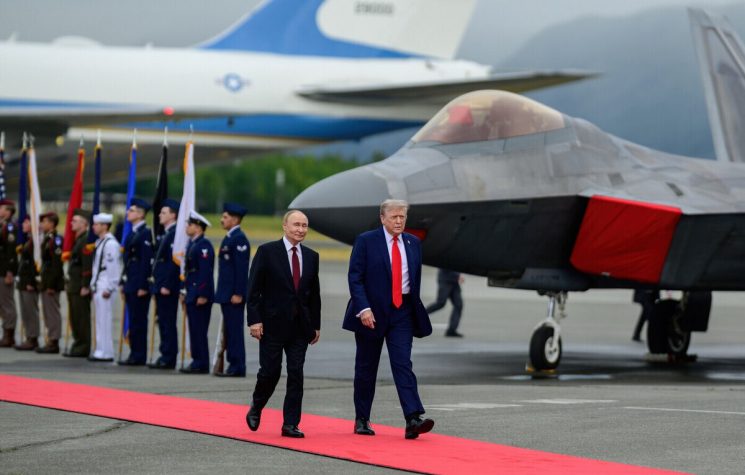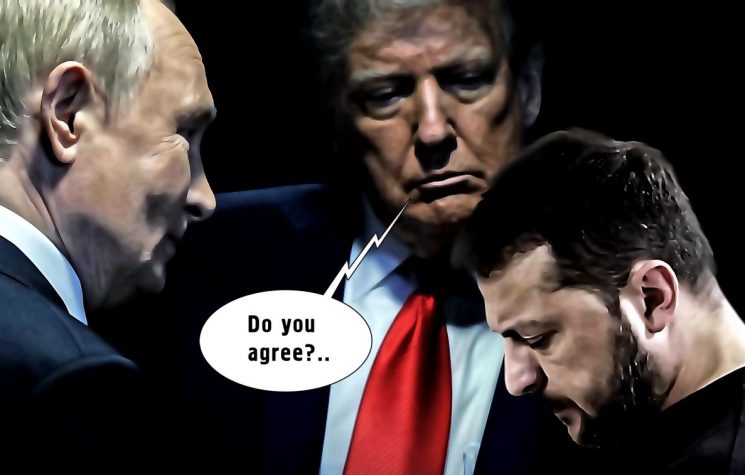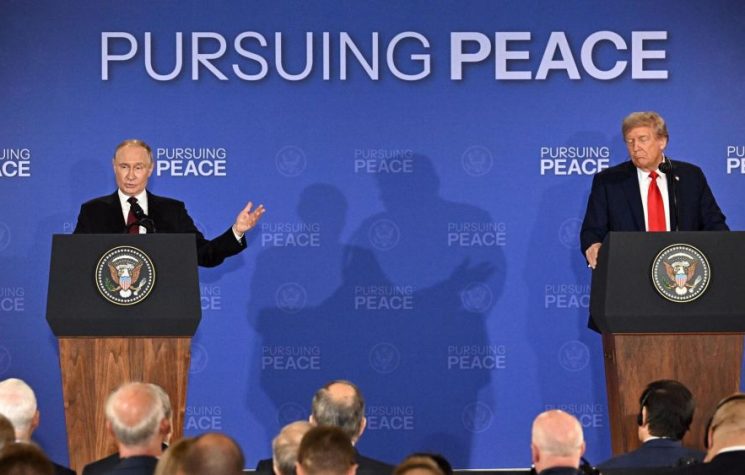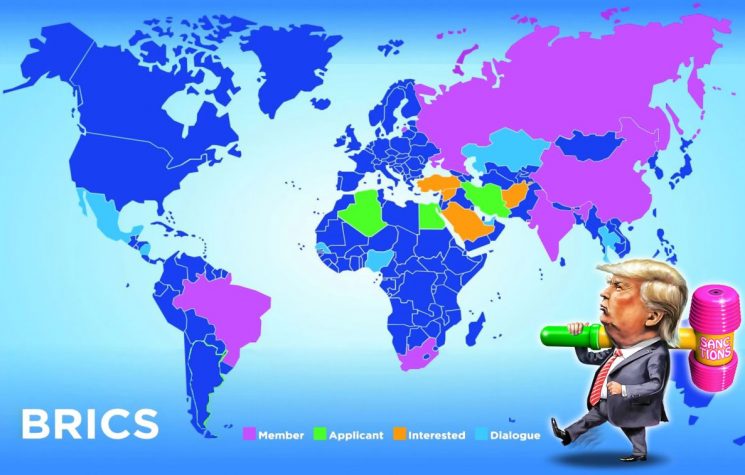The U.S. is the main protagonist in this proxy war, and, therefore, it is the United States that must end it.
Join us on Telegram![]() , Twitter
, Twitter![]() , and VK
, and VK![]() .
.
Contact us: info@strategic-culture.su
The summit in Alaska between the American and Russian presidents was a massive, crucial win for diplomacy. To his credit, U.S. President Donald Trump welcomed Vladimir Putin with warmth and respect – much to the chagrin of the Western (American and European) warmongers and their Ukrainian proxy regime.
Putin reciprocated with friendship and graciousness. The smiles and handshakes were signs of genuine commitment to amity and working together through diplomacy to resolve a multi-faceted conflict in Ukraine that could perilously escalate into nuclear catastrophe.
The two leaders stepped off their presidential planes at Elmendorf-Richardson Joint Airbase in Anchorage and greeted each other with pleasantries. For the nuclear superpowers to be seen engaging like that in a personal rapport was powerful symbolism.
Trump and Putin then held three-hour discussions accompanied by other senior aides. Both men emerged declaring that they had held excellent, productive talks on ending the war in Ukraine. Putin proposed a follow-up meeting in Moscow, which Trump appeared to appreciate.
The joint press conference indicated that the two leaders had reached an important understanding about the conflict and that it must be ended with a sustainable peace agreement. For his part, Trump appeared to be in listening mode. He later announced that a full settlement must be achieved as a priority. He eschewed earlier talk about a temporary ceasefire and the threat of imposing economic sanctions on Russia if it did not agree to a truce. Significantly, Trump’s new position of moving directly to a comprehensive peace deal contradicts the position of the Kiev regime and European allies. Their testy and churlish reactions after the summit – demanding more sanctions on Russia – suggest that the Trump administration has decided to end the war with or without them.
Trump did say that there would be “no deal without a deal” and, perhaps in a diplomatic concession, he said that the Kiev regime would be involved in finalizing any settlement. Ukraine’s nominal president, Vladimir Zelensky, is to travel to the White House on Monday for talks with Trump. That meeting may well be the moment that the Americans finally tell their proxy that the game is over.
President Putin came to Alaska unbowed and resolute in Russia’s position. His presence was that of a world statesman. All the disparaging smears that the Western governments and media have thrown at him over the years were dispelled in an instant, as President Trump greeted his counterpart on a red carpet with sincere handshakes, and the two men proceeded to engage in respectful conversation as equals. A delightful spontaneous moment was when Putin accepted a lift from Trump in his presidential limousine instead of taking his own transport to the talks forum. Laughably, watching the live footage, the Russophobic Western media pundits nearly had a collective aneurysm at that point.
Later, in his press conference speech, the Russian leader spoke with eloquence and historical vision. He maintained the Russian position that the conflict in Ukraine was a provocation by the Biden administration, and a tragedy that should never have happened if Russia’s diplomatic outreach before February 2022 had been reciprocated. Putin said the war must end by eliminating the root causes, which means addressing Russia’s long-held security concerns about NATO’s relentless expansion over three decades to its borders. With composure and logical certitude, the Russian leader delivered a masterclass in diplomacy. It was a triumph to present Russia’s perspective to the world without Western media distortion.
Crucially, President Trump appears to have accepted Russia’s fundamental position. If he can maintain that acceptance without backsliding, that augurs well for peace. Trump shunned the dangerously absurd talk about Ukraine joining NATO, and he appears to have accepted Russia’s other key demand of retaining all of the territories it has regained after 2022: the provinces of Donbass (Donetsk and Lugansk), Kherson and Zaporozhye, as well as, of course, the Crimea, which rejoined Russia through a legal referendum in 2014. These territories were always part of historic Russian land; their acquisition by Ukraine was an artificial accident of the Soviet Union’s dissolution in 1991.
Russia’s righteous cause has been vindicated. Its objection to NATO’s treachery and aggression since the end of the Cold War, its repudiation of the Kiev regime, and the violation of its territory and people under this NATO-weaponized Neo-Nazi regime, all stand unopposed and resolute. This was what the war in Ukraine was about. The Western propaganda fueling the conflict is blown away like chaff.
Russia has won the war; NATO and its Ukrainian proxy have lost. Russia is entitled to demand its terms in full. What will become of the rump Ukrainian state is to be seen. The Kiev regime and Zelensky’s corrupt cabal will no doubt fall to pieces, if not torn to pieces by internal recriminations. But whatever happens, this unfortunate country will not be joining NATO.
It is only fitting that Trump should end this war with Russia. The United States started it as far back as the 2014 CIA-backed coup in Kiev against an elected Ukrainian president, Viktor Yanukovich. The U.S. is the main protagonist in this proxy war, and, therefore, it is the United States that must end it. Washington must make that call, not its Kiev proxy nor its European subordinates.
Trump needs to pull rank on the European vassals and make peace with Putin, regardless of their whining and spoiling. They are non-entities anyway. If Trump is serious about peace, he should give Zelensky categorical notice on Monday that the United States is accepting Russia’s terms.
Maybe then, the United States and Russia can begin to explore the bigger concerns of nuclear disarmament and cooperating in a new global order of detente. It is incredible and lamentable to think that the last time American and Russian leaders met was four years ago, when Putin met Biden in Switzerland for fruitless talks. The two biggest nuclear powers have an onerous responsibility for upholding world peace by striving for normal diplomatic relations. Of course, the appalling absence of relations has been all down to the Cold War ideology that persists in the U.S. imperial state and among its European lackeys. That ideology and its intrinsic aggression towards Russia and other nations must be abandoned. In the meantime, the world may be grateful that the summer summit in Alaska is a harbinger of a thaw towards responsible peace.














